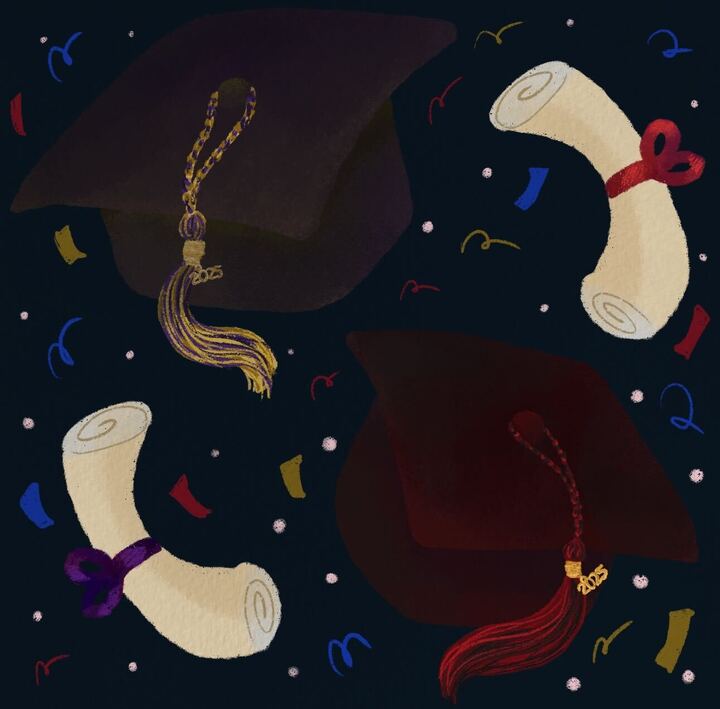People worldwide stood in awe 41 years ago as Neil Armstrong took the first step on the moon. Our country needs to jumpstart the space program, something President Obama referred to as another “Sputnik moment” in his last State of the Union address.
Exploring the vast richness of the universe is extremely important to the expansion of human intellect for it opens new questions and promotes forward thinking.
According to the Using English website, a “Sputnik moment” is when the people of a society realize the challenge of competing on a global economic scale. For the United States, our need to develop cleaner energy technologies and space exploration puts a heavy load on those scientists already weighed down.
It’s human nature to explore the world around us, as well as trying to solve the ever-expanding mysteries of space. Therefore, it’s important that we as a society keep the space program running to improve future generation’s understanding of the cosmos and the world around us.
There are several reasons why the space program has lost its momentum over the years. One could be the many failures such as the Challenger disaster and Columbia tragedy. The public doesn’t want to see astronauts die in the name of science.
On the other hand, public interest seems to ignite whenever there is a large event which impacts society. Attention was paid and inquiry was given when the Challenger exploded moments after liftoff, however, the popularity of the space program faded quickly as more time passed and became less important to the public.
Another reason for the fading interest of the public is people are impressed and interested with the first of anything that occurs in society or personal life. “Psychology Today” referred to this as the “primary effect” or the tendency to remember the beginning of an event and having it taper off with repeated occurrences.
Once something has been done, it seems that attention is placed elsewhere, constantly searching for new content. Back when NASA first evolved, the United States was in the middle of a Cold War with the Soviet Union. Creating a space program sparked national interest because of the race to beat the competition and to become the leader in space exploration.
Kate Becker, a candidate for the astrophysics masters program at the Space Policy Institute in Washington D.C., said in today’s society, the public views space flights as more commercial and routine, rather than only for scientists. Becker also pointed out that people take the space program for granted and when it finally does end, it might come as a shock.
If NASA comes to an end, it will not shut everything down all at once. Instead certain programs will be allocated to different areas of the government, Becker said. In addition, she stated the two biggest concerns for a shutdown would be allowing other countries to take the lead in space exploration and the scientists who are laid off may not come back if a program is re-established.
We as a nation must return the sense of healthy competition to the space program. We must recognize its vital importance in understanding our place in the universe and ensuring mankind’s survival.





